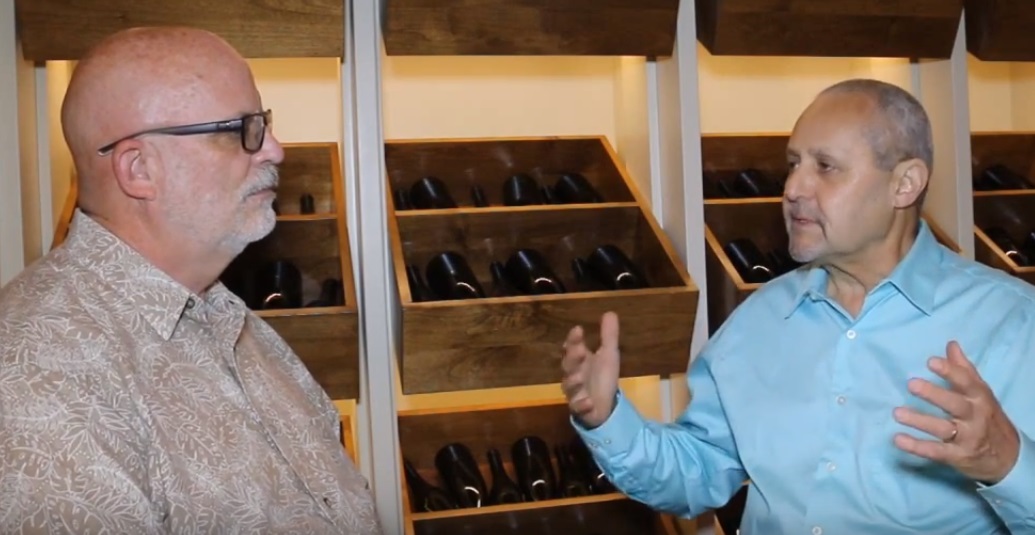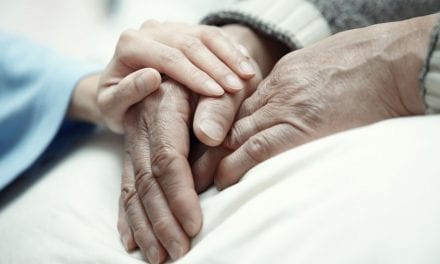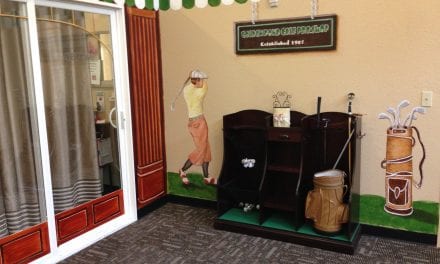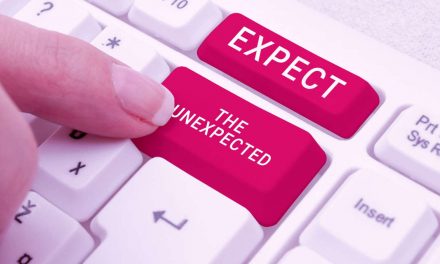I recently had the chance to catch up with my friend, John Zeisel, co-founder and CEO of Hearthstone Alzheimer Care.
By Steve Moran
While at the Senior Living Innovation Forum in Napa this past June, I had the chance to catch up with my friend John Zeisel, the co-founder and CEO of Hearthstone Alzheimer Care, and an internationally known expert on dementia care.
Here are the changes he is seeing:
-
There is a shift in how we see dementia. Traditionally when people think of dementia view it as causing despair and hopelessness. John sees a shift toward hope.
-
Traditionally dementia meant no more life, dropping out, not being engaged, people stopping talking to you. There has been this idea that you can’t learn anything and it is all about what you can’t do.
But what if, although dementia creates an altered reality, it is still a time where individuals can grow, learn, and live a full and vibrant life.
-
Right now people say, I am okay with getting old, I don’t mind losing physical capacity, but there is this one thing I fear more than even death and that is having dementia . . . getting Alzheimer’s. People fear to get dementia even more than getting life-ending cancer. But what if it were possible to actually live a quality vibrant life even with dementia?
-
The problem is that people tend to think of a diagnosis of dementia as sort of like having a switch flipped, where one day you have full capabilities and the next day, you are severely impaired. It is simply not like that. Frequently after a diagnosis of dementia an individual can do things, even many things. Then in the last year or two, it can get really bad, like with cancer or Lou Gehrig’s disease. So in a very real sense, receiving a diagnosis of dementia is not this instant quality-of-life killer that people tend to imagine.
-
Even if you can’t remember some things, you can still enjoy a glass of wine, knowing the difference between a good wine and a not so good wine. Facing dementia with an attitude of hope is about looking for the possibilities for joy and meaning.
-
It seems improbable but under John’s Hearthstone model program they do “give back” events three times per week. This might include making a gift for someone or going to a church or synagogue to help others. These are powerful capabilities that are hardwired in our brains and can last for a long time as dementia progresses.
-
The more a person’s dementia progresses the more their emotional sensory abilities increase. So what ends up happening is that while a person with dementia’s behaviors are not “normal” that does not mean they can’t find joy when you interact with them or that they can not find joy in the moment.
What happens is that we as caregivers and family members are so fearful, and feel so helpless, it is really hard for us and them to just enjoy the moment.
You might look at it this way: There are a lot of really brilliant people out there, who are “normal” on the dementia scale, but at the same time are odd or eccentric. Maybe this is more often true than not when it comes to really brilliant people. Rather than being afraid of the eccentricities we can actually celebrate and enjoy them. Their eccentricities are a big part of what makes them who they are.
How about we do that with people who have dementia?
The interview runs nearly 20 minutes and I could not get it all in this article but you can watch the entire thing below. John’s big point is that we have to move away from saying, “I have to care for my poor friend with dementia” and move to “I am going to go engage with my friend Steve, who has dementia.”
By the time I was done talking to John, I found myself thinking, “I can hardly wait until it happens to me.” Well not quite, but he painted a very different picture of how to view this change in reality.








